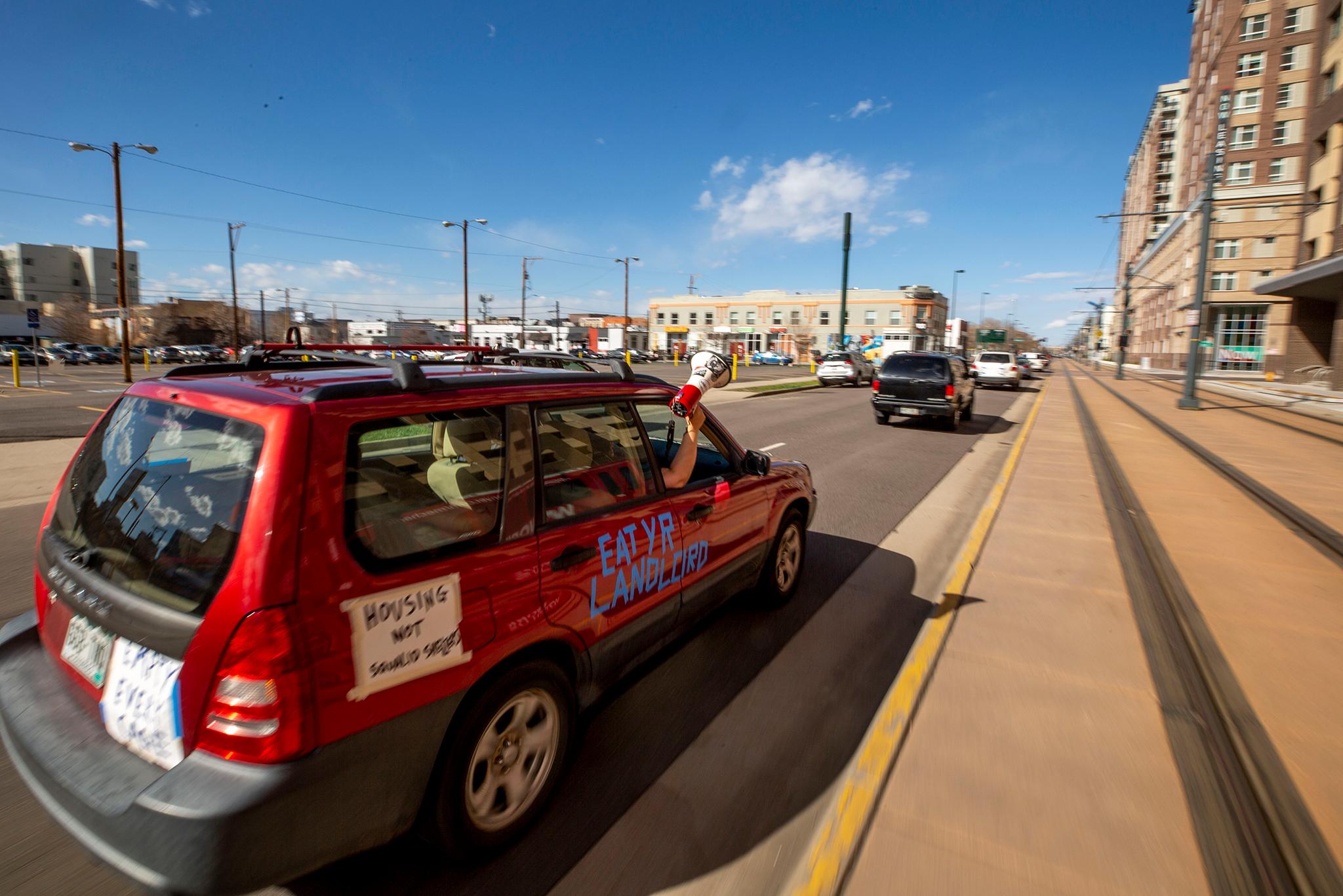On Tuesday, a Denver City Council committee accepted a big chuck of change -- $27.3 million -- from the federal government without much fanfare.
If City Council allows it -- that's the next procedural hurdle -- the Denver Department of Housing Stability will use the money to help low- and moderate-income households stay in their homes.
Last year, Housing Stability divvied up about $7 million in federal and local relief funds to more than 2,500 households for rent and utility assistance, according to the department.
"With this level of funding, obviously, we can substantially increase that and can provide longer-term assistance than we have historically," said City Housing Stability Director Melissa Thate of the $27.3 million. "So it's a really big deal."
It's the second time this year the city got money from the federal government to help people struggling to pay their bills during the pandemic. Earlier this year, Denver got $21.8 million from the Emergency Rental Assistance Program to help people stay in their homes.
So far, more than 400 payments from that pot have been made to residents, totaling $1.4 million, according to the state. The city is still trying to figure out how many more households it can help, but Thate estimated the first round of ERAP funds could go to 3,000 households. Thate said people who got money from the first round could get money during the second round.
The federal money can be used to pay for rent, rental arrears and utilities. There are some requirements, however.
Individuals or families who want to apply must qualify for unemployment, seen a pay cut, incurred significant costs, or felt some other financial hardships during or because of the pandemic. Someone at risk of experiencing homelessness or housing instability would qualify as well.
The city will prioritize applicants who have been unemployed for 90 days. Individuals and families who earn up to 80 percent of the area median income, which is about $54,950 per household, qualify, but households that make at or below 50 percent AMI will be prioritized.
This new pot of money can help pay for bills for up to 18 months, Thate said, which is three more months of assistance than the first round of funding, which allowed for a maximum of 15 months. The second round of funding will be available through September 2025.
And by the way: The ERAP money is separate from the $308 million in pandemic relief funds the city is also getting from the federal government. That money has its own set of requirements and will be used together with a proposed $400 million bond package to help Denver recover from he pandemic, though the bonds will be used primarily to pay for city projects.
Have you or someone you know applied for rental assistance money in Denver? If so, we would like to hear from you for a story! Email [email protected].












